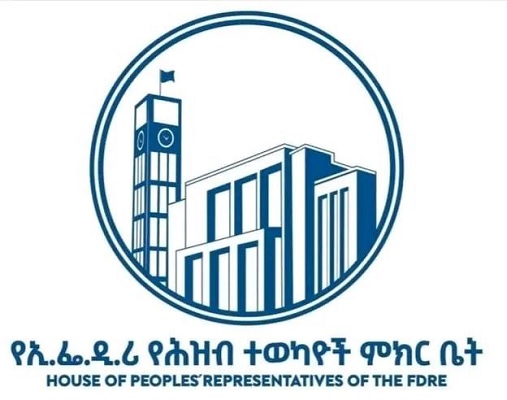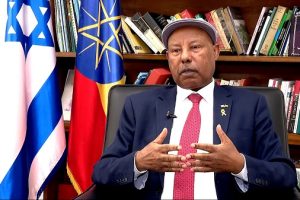
ADDIS ABABA – Ethiopia is on the cusp of significantly opening its real estate sector to foreign ownership, with a new draft proclamation under discussion in the House of People’s Representatives.
The proposed legislation, if passed, would mark a major departure from a 65-year-old ban on foreign property ownership, with a key condition: a minimum foreign currency inflow of 150,000 USDT for foreign citizens seeking to acquire property.
The Standing Committee on Urban Infrastructure and Transport Affairs and the Standing Committee on Legal and Justice Affairs are currently reviewing the draft, which was presented by the Ministry of Justice and the Ministry of Urban Infrastructure.
Justice Minister Hanna Aryaselassie emphasized the economic rationale behind the amendment, stating its aim is to encourage foreign capital mobility, balance housing supply and demand, and stimulate overall housing development.
She highlighted the real estate sector’s significant contribution to the national economy, currently growing at 10 percent annually. The Minister noted that the existing ban has diverted capital to neighbouring countries and expressed optimism that the new proclamation would create a more favourable investment climate.
She also pointed out that as Ethiopia is a major diplomatic hub, many diplomats might wish to reside in the country long-term, even after their official duties conclude, making the draft favourable for such individuals.
The draft proclamation outlines several obligations for foreign real estate owners, including the requirement to pay all related government fees, such as leases, house purchases, and construction permits, exclusively in foreign currencies accepted in Ethiopia.
However, the draft also includes restrictions. Foreigners will be prohibited from owning property in condominiums built with direct government subsidies for citizens and will not be allowed to borrow money or raise capital from domestic financial institutions for real estate acquisition. Additionally, the draft stipulates that “special areas” or “border areas” where foreigners cannot own real estate will be determined by subsequent regulations. Prior permission from the relevant ministry will also be required for foreign real estate ownership or possession.
Minister of Urban and Infrastructure Development Chaltu Sani underscored the direct link between foreign exchange inflows and addressing the country’s current housing supply and financial challenges, stating that increasing foreign exchange through this proclamation is crucial for boosting housing supply.
Both Ministers expressed optimism that the approval of this draft proclamation would lead to a significant revival in Ethiopia’s real estate sector.
During discussions yesterday, members of the standing committee raised questions that were addressed by the presenters. It was agreed that some areas of the draft would be revised based on the committee’s feedback and presented in the next session.
BY EYUEL KIFLU
THE ETHIOPIAN HERALD TUESDAY 17 JUNE 2025




